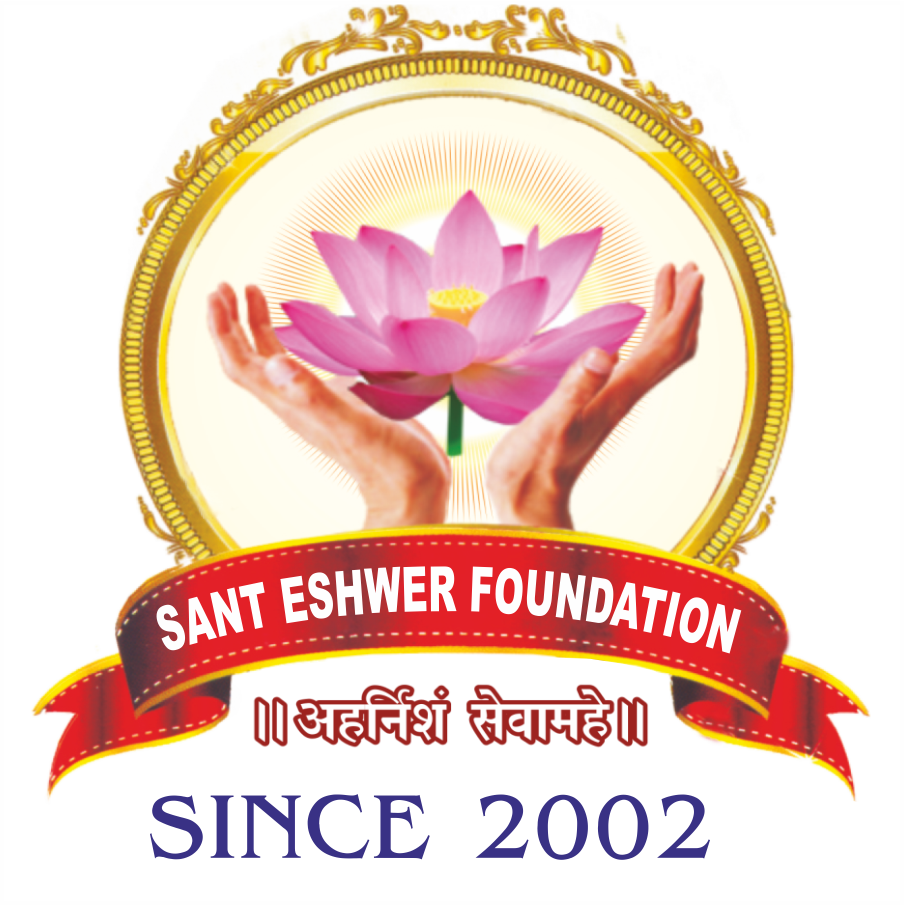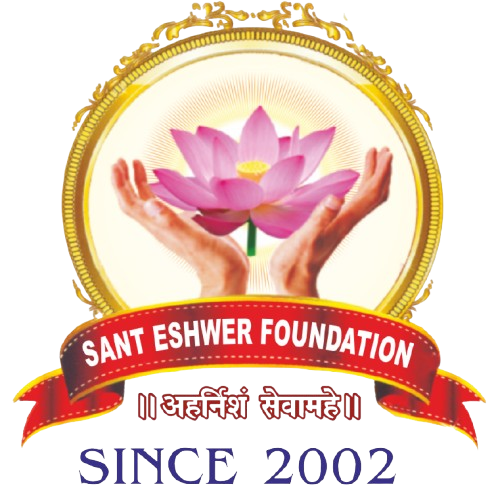
Sant Eshwer Sewa Samman, Madhya Pradesh 2021
Ashish Kumar Gupta
A stoic leader championing the cause of local craft, artwork and craftmanship.
Presently, immense research is being conducted on Indianness, Indian civilization, culture, and lifestyle. Everywhere centres of Indianness, Indic Study and Indology are being inaugurated. Various research programs, studies, and investigations are underway but if we observe closely, we will find that most of these centres are opening in metros and big cities. Although teaching and researching in their personal lives, they are far away from the Indian psyche settled in the villages. Not only are they distant, but their vision of seeing and understanding society reflects this remoteness. In addition, the operation of these centres still follows completely non-Indian practices and non-Indian kinds of institutions, methods of operating the institute, research project, research subject, finance system, etc.
Shri Ashish Kumar Gupta Ji and Smt Ragini Gupta Ji, a matchless couple of Indrana village in Majhauli sub-division of Jabalpur district, Madhya Pradesh resolved to put an end to this growing concern. They were determined that “where there is a will there’s a way” and exemplified their diligence and talent to the entire country. Born into a regular middle class and having received normal education Ashish Kumar Gupta Ji along with his wife Ragini Ji and children, established ‘Jeevika Ashram’ in Indrana village located in the rural areas of Jabalpur district of Madhya Pradesh. Through it, they took a unique resolution enriching the conservation of life values, focused on Indian Sanatan values. Ashish Gupta Ji explains that his Guru late Ravindra Sharma Guruji has played an important role from the inception of Jeevika Ashram which led to its arrival at the present state. The circumstances often narrate the story of absolute destruction by the flood as described in the Puranas. He taught to protect the seeds useful for life in the present tradition for future generations.
Jeevika Ashram is dedicated to collecting the seeds of Indian systems. Like ancient symbols of India’s Sanatan culture such as gurukuls, this ashram is an alternative to the Indian rural lifestyle in personal, family and social life. Jeevika Ashram has become known for its large experimental initiatives on various aspects of the unique lifestyle of its rural areas. It is engaged in the collection and promotion of system-generated seeds. Its main objective is a system-made lifestyle, exploring its principles, and its research.
Commencing from family, village, and region, Jeevika Ashram gradually became an effort – especially in Indian systems to collect and nurture the leftover seeds of the Indian lifestyle. Thus, it went a little beyond the work of seed collection to seed conservation. Eventually, a nursery was built from these seeds, which is constantly moving forward in the work of seed conservation. With special reference to rural artisans and artists, the ashram is also trying to bridge the gap between traditional cultural experiences and the so-called needs of modernity. It favours a workmanship-based lifestyle in society and is implementing the same in society its own way. In this context, it collaborates with artisans, artists and many other communities in the surrounding area.
Many exceptional and rare artifacts of the local area are housed in a museum in the ashram complex. There is also a library related to its subject, workshops for artisans, a prayer room, a dormitory for the residence of visitors, and a meeting hall. The structure of the ashram and complete philosophy is created and located in the local traditions.
With an individual’s visionary thinking and continuous effort, the Jeevika Ashram has become a unique storehouse of the local crafts, art traditions and artifacts. Constructed as per the ancient Vastu and craftsmanship amplifies its beauty even more.
‘Jeevika Ashram’ is a bright picture of developed India and epitomises the potential for novel imagination. Being established in rural areas, without any institutional structure and any institutional finance, similar to the ancient gurukuls is only dedicated to social cooperation. It was not only engaged in the study and research of Indian systems etc. but has also been involved in retrieving the research, and study into daily life.
All these arrangements of the ashram not only differentiate it from other experimental endeavours in their region but rather also pave a unique way for the functioning of future Indian institutions. This ashram and the herculean Ashish Kumar Gupta Ji, who realized it, substantiate the significance of ‘Ek Bharat Shreshtha Bharat’. Consequently, he is one of the many valiant gems sought throughout India for the Saint Eshwer Award. In order to continue working with this devotional spirit, Sant Eshwer Foundation has honoured Ashish Kumar Gupta Ji with Sant Eshwer Samman for the year 2021.






